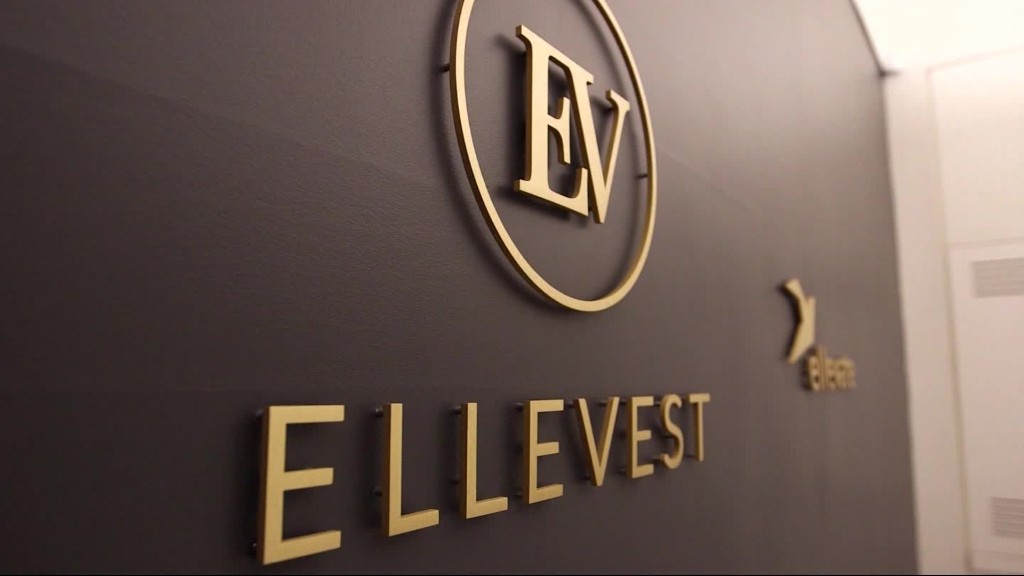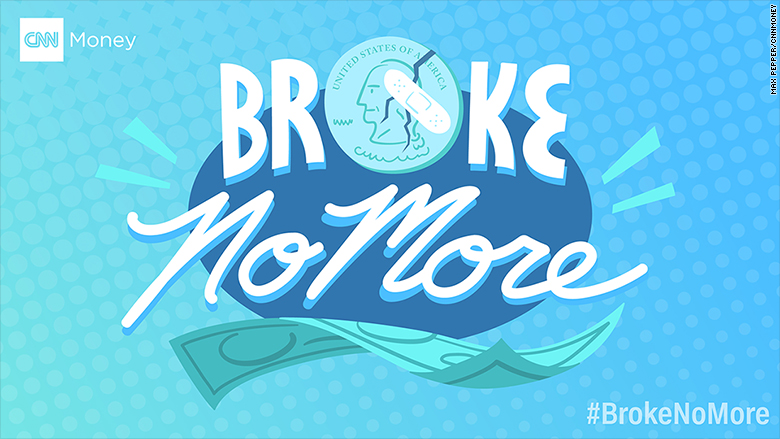
What are the best ways for 20-somethings to invest inheritance money? -- Jason
Staring at a new big balance in your bank account can be exciting. It can also freak you out.
On one hand, an inheritance could open up new financial opportunities: paying off your student debt once and for all, buying a home, going on a big vacation, starting a business.
You're not alone if your first inclination is to buy a boat, throw a lavish party, or put it all into the stock market. People often don't treat the money received through some kind of windfall the same way they do their regular income.
There's even science behind it. A concept called "mental accounting" explains why we value some money differently than other money, according to the work of behavioral economist Richard Thaler, who recently won the Nobel Prize in economics.
"None of those things -- a boat or a lavish vacation -- are necessarily bad if it's a top priority," said Andrew McFadden a certified financial planner and founder of the firm Panoramic Financial Advice.
But you don't want to mess it up and waste the money, especially if it's tied to the memories of a loved one.
For those in their 20s, he suggests making yourself financially secure first. Start with the basics and shore up your emergency fund so that you have money easily accessible to fund three to six months' worth of expenses. Then, tackle any high-interest debt you might need to pay off.

Next, McFadden suggests seeking professional help. Look for a CFP who can give you some perspective and can help you sidestep any issues specific to your situation. For the most part, you won't have to worry about any extra taxes if you inherit a lump sum of money, though that can vary by state. The federal government does not have an inheritance tax, but there are six states that do. You could also potentially be on the hook if you sell investments you inherited.
Next, you need to decide what's important to you.
"Take care of anything eating away at your financial situation. Beyond that, it's all a good use. Do what you feel most passionate about," McFadden said.
Here are some options:
Pay off student debt faster
Maybe you've been paying the minimum on your student loan bills. Or, maybe you've been on an income-driven repayment plan that reduces your monthly bill, but increases the amount you'll pay over the long run.
Now could be the time to step it up.
Use the money for a down payment on a house
It can take some people years to save up for a down payment. Putting 20% down costs two-thirds of the average household income, according to Zillow.
If you do decide to use inheritance money for a home, put it somewhere safe and easily accessible -- like an online bank account, money market account or CD -- until you're ready to make the purchase.
Open a business
Inheritance money may give you the financial freedom to start your own business. But be sure to have enough money for the business, as well as enough for you to live on for at least six months.
"Typically, a new business can be the most aggressive investment you can make," McFaden said.
Save more for retirement
Time is on your side. If you invest $10,000 today, it could grow to $102,857 by the time you retire in 40 years, assuming a 6% rate of return.
Start by saving more in your 401(k) so that you at least receive the full company match, if you get one. You can also save up to $5,500 in an IRA. Both offer tax benefits if you use the money for retirement.
Invest for long-term goals
Maybe you don't have enough money to open a business or buy a house just yet. If there's something you want to save for in the future, you may want to invest in the stock market -- but only if you don't need the money for at least five years.
"If you're not working with a professional, I wouldn't invest your savings in anything volatile if you have less than five years to save," McFadden said.
Start with a balanced portfolio of bonds and stocks that give you broad exposure to the whole market. Be sure to include domestic and foreign stocks, as well as stocks from large and small companies to protect from a downturn in any specific area.
Got a money question for Broke No More? Ask us here to be included in a future column.
